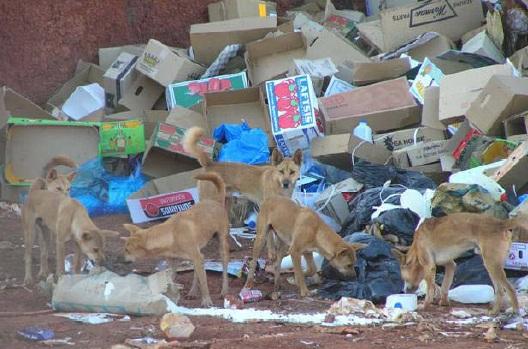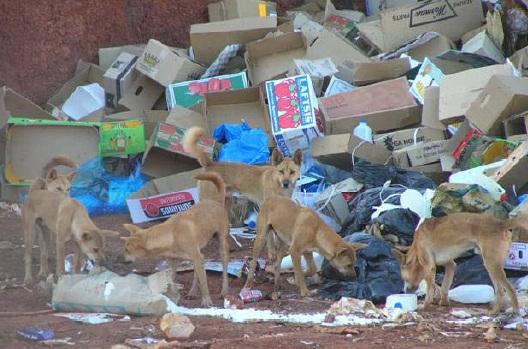
Credit: Unknown, American Institute of Biological Sciences
The BioScience Talks podcast features discussions of topical issues related to the biological sciences.
On landscapes around the world, environmental change is bringing people and large carnivores together–but the union is not without its problems. Human-wildlife conflict is on the rise as development continues unabated and apex predators begin to reoccupy their former ranges. Further complicating matters, many of these species are now reliant on human-provided foods, such as livestock and trash.
For this episode of BioScience Talks, we're joined by Dr. Thomas Newsome of Deakin University and the University of Sydney. Writing in BioScience, Newsome and his colleagues use gray wolves and other large predators as case studies to explore the effects of human-provided foods. They find numerous instances of species' changing their social structures, movements, and behavior when these resources are available. Perhaps most concerning, they've found that human-fed populations often form distinct genetic subgroups, which could lead to future speciation events.
To hear the whole discussion, visit this link for this latest episode of the BioScience Talks podcast.
###
Media Contact
James Verdier
[email protected]
205-286-8626
@AIBSbiology
http://www.aibs.org
############
Story Source: Materials provided by Scienmag





